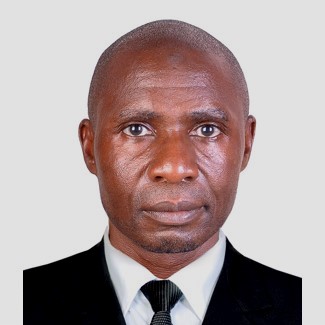
Dr. Amir Kabunga
Co-Investigator
Faculty of Medicine, Lira University, Uganda
Dr. Amir Kabunga is a senior lecturer and mental health expert at Lira University, Uganda, with over a decade of experience in mental health counseling, particularly among vulnerable and marginalized communities. His expertise in clinical psychology focuses on enhancing mental health and well-being among adolescents, refugees, people living with HIV, healthcare providers, and populations in conflict-affected regions. His work integrates mental health counseling with sexual and reproductive health (SRH), especially for underserved groups.
Dr. Kabunga holds a PhD in Psychology from Egerton University, Kenya, and was recognized as one of Uganda's top 300 emerging scientists in 2022. He has published over 70 peer-reviewed articles in high-impact journals and specializes in qualitative, quantitative, and mixed-methods research, with a strong emphasis on community-based participatory approaches. His research addresses critical issues in mental health, and SRH in conflict-affected areas of Uganda and beyond.
His work focuses on developing, implementing, and evaluating culturally sensitive interventions in public health and primary care for vulnerable and marginalized communities, particularly in multi-cultural and post-conflict settings. He is also involved in training psychology students on mental health inequalities and diversity and has played a key role in improving the Department of Psychiatry at Lira University’s Faculty of Medicine. He is extensively involved in teaching at undergraduate, master's, and PhD levels, believing that training future researchers and decision-makers is essential for translating knowledge into practice.
He serves as the Co-Principal Investigator for the project "Enhancing Adolescents' Sexual and Reproductive Health in Northern Uganda: A Citizen Science Gender-Transformative Approach to Integrating Adolescent-Friendly Family Planning and Post-Abortion Care (CAFFP-PAC)" (Grant No. 110713). This CAD 1,200,000 (UGX 3,109,368,000) initiative, co-funded by IDRC, Global Affairs Canada (GAC), and the Canadian Institutes of Health Research (CIHR), adopts a citizen science, gender-transformative approach to improving adolescent SRH in Sub-Saharan Africa.
